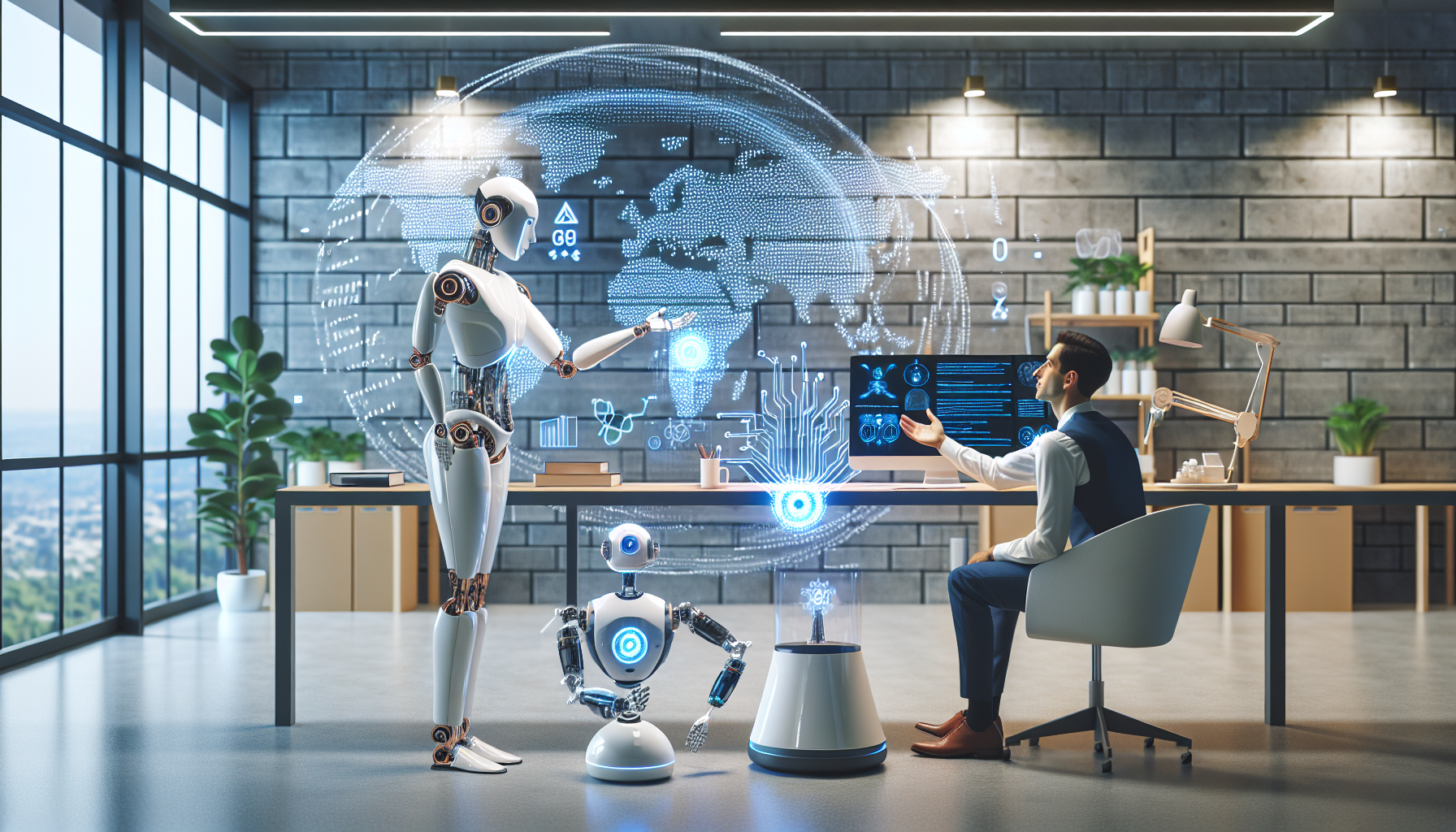
Cognitive Computing: The Next Frontier in AI-A Conversation Worth Having
July 2, 2025
Have you ever pondered what it would be like if your computer didn't just follow instructions but actually understood you? Welcome to the fascinating world of cognitive computing, a realm within artificial intelligence that promises to revolutionize how machines interact with humans. It's like giving our silicon-based companions a bit of human-like common sense. But let's dive deeper into this frontier, and see why cognitive computing isn't just another buzzword.
Cognitive computing is not about replacing humans with machines or programming robots to take over the world. Instead, it's about creating systems that can simulate human thought processes in a computerized model. Imagine having a personal assistant that not only schedules meetings but also understands the nuances of your preferences, even when those preferences change over time. That's the promise cognitive computing holds.
The intrigue of cognitive computing lies in its ability to process natural language, recognize patterns, and adapt to new information much like our brains do. It's not just about crunching numbers or executing predefined algorithms. This technology aims to understand context, interpret ambiguous data, and learn from experience. It’s as if computers are finally catching up to the things we thought only humans could do.
Consider the healthcare industry, where cognitive computing is already making waves. Doctors and medical researchers are now able to use AI to analyze vast amounts of medical data to uncover insights that could lead to groundbreaking treatments. It's like having a team of experts who can sift through years of research in a fraction of the time, offering diagnoses and treatment options that are both personalized and precise.
However, cognitive computing isn't just about data crunching. It's about understanding. For instance, in customer service, AI systems are being trained to understand not just the words that customers use, but the emotions behind those words. This shift from mere transactional interactions to empathetic ones could redefine how businesses connect with their clients. Imagine a future where calling customer service doesn't evoke frustration but instead offers a genuinely helpful and satisfying experience.
Despite these promising developments, the journey toward fully realizing the potential of cognitive computing is not without its challenges. One significant hurdle is the sheer complexity of human cognition. Our brains process information in ways that are not easily replicated in machines. We are masters of intuition, capable of making decisions based on limited information and past experiences. Teaching a computer to do the same is no small feat.
Moreover, there's the ever-looming concern about privacy and ethical implications. As cognitive systems become more adept at understanding humans, they also gather vast amounts of personal data. The question of who controls this data and how it's used is one that requires careful consideration. In a world where data is the new gold, safeguarding individual privacy while harnessing the full potential of cognitive computing is a delicate balancing act.
Despite these challenges, the potential benefits are too significant to ignore. Cognitive computing could lead to more efficient supply chains, smarter cities, and even breakthroughs in environmental conservation. By empowering machines to think and learn, we can tackle some of the most pressing issues facing our world today. It's not an exaggeration to say that cognitive computing has the potential to redefine industries and change lives.
As we stand on the brink of this new frontier in AI, it's worth asking ourselves: What kind of relationship do we want with the machines around us? Do we want them to be mere tools, or do we envision a more collaborative partnership where machines augment our capabilities and amplify our potential?
Cognitive computing challenges us to rethink our assumptions about intelligence and creativity. It invites us to explore how machines might not only enhance human life but also inspire new ways of thinking and problem-solving. The conversation about cognitive computing is one worth having, not just among scientists and technologists but across all fields and disciplines.
As we continue to explore this exciting frontier, let's remain curious and open-minded. Perhaps the most remarkable aspect of cognitive computing is its ability to surprise us. In the quest to create machines that think like us, we might just learn more about ourselves. What if the greatest lesson from cognitive computing isn't about technology at all, but about what it means to be human?


